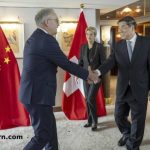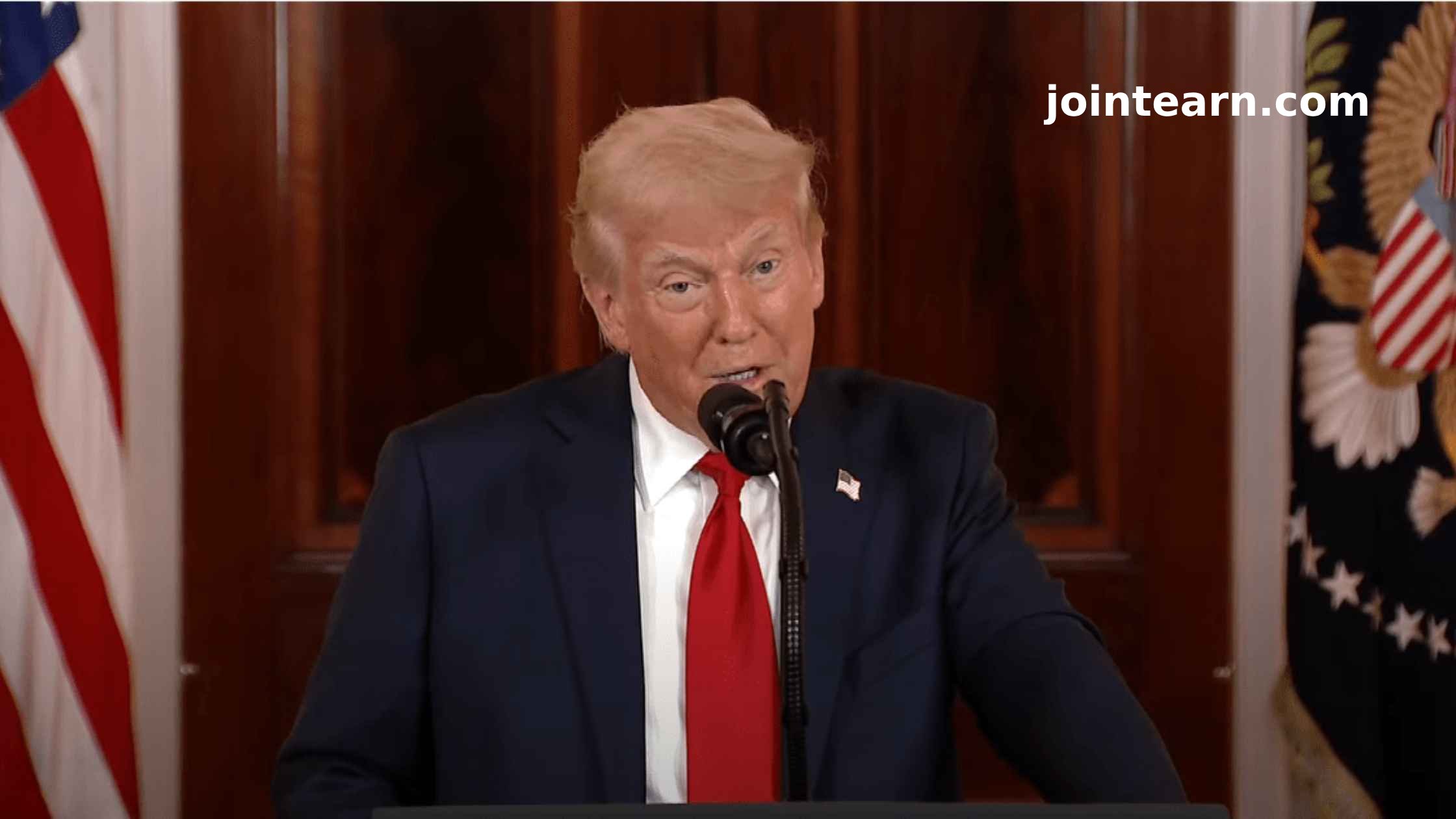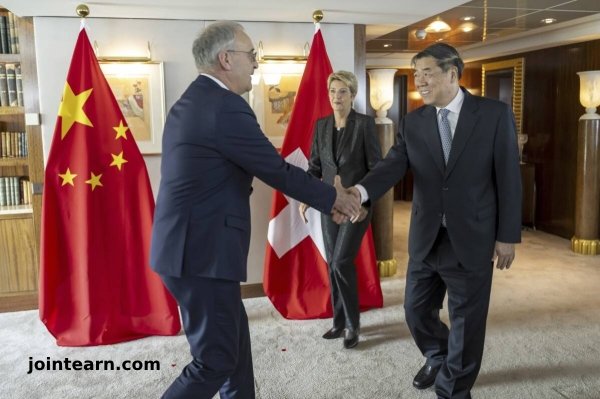President Trump is touting a landmark $2 trillion in new corporate investments since his inauguration, positioning this as evidence of a thriving U.S. economy. While the Trump administration attributes these investments to a strategic use of tariffs, the bulk of this financial commitment is centered in the Big Tech sector, especially in areas such as semiconductors and artificial intelligence (AI) infrastructure.
The Big Tech Dominance: AI and Semiconductor Investments Lead the Way
According to a Yahoo Finance analysis, nearly 85% of the $2 trillion investment total is driven by Big Tech. Major semiconductor companies like Nvidia (NVDA), IBM (IBM), and Taiwan Semiconductor Manufacturing Company (TSM) have pledged to invest nearly $750 billion collectively. Apple (AAPL) has added another $500 billion, which together comprises the lion’s share of these commitments.
This focus on semiconductor investments comes amid ongoing uncertainty about Trump’s tariff policies, with some companies unsure how future tariffs will impact their operations. Trump has hinted at new semiconductor tariffs but has yet to make definitive moves in that area. A major concession was made in April when Apple was excluded from the 145% tariffs on Chinese imports due to these pending plans for semiconductor-related duties.
In addition to semiconductors, the healthcare and pharmaceutical industries have made significant contributions, with firms like Abbott Laboratories (ABT) and Roche (ROG.SW) committing investments despite the unclear tariff landscape for their sectors.
Tariff Uncertainty: The Impact on Tech and Healthcare Investments
The investment promises from Nvidia, IBM, and TSMC highlight the uncertainty that continues to surround Trump’s tariff agenda. These companies, while committing substantial funds, have expressed concerns about the potential impact of future tariffs, particularly given the unpredictable nature of U.S.-China trade policies. The CHIPS and Science Act, which was passed in 2022, also offers direct government grants to companies, though Trump has been vocal about his dismissal of such initiatives, referring to them as ineffective.
Trump’s tariff policies have also created volatility in the healthcare sector. Companies like Abbott and Roche are making investments despite looming threats of new tariffs targeting pharmaceuticals. A recent U.S.-UK deal included provisions to continue discussions on tariffs in sectors like pharmaceuticals, signaling that Trump’s administration might soon act on these industries.
AI Infrastructure and “Project Stargate”: The Next Frontier in Tech Investment
Another area seeing massive investment is AI infrastructure. Big names in tech, including OpenAI (OPAI.PVT), SoftBank, and Oracle (ORCL), are spearheading a $500 billion initiative known as “Project Stargate.” This ambitious project aims to build out the necessary computing and server infrastructure to support the growing AI sector in the U.S. OpenAI’s CEO Sam Altman has made bold predictions about AI’s potential, claiming that it could become “at least as big as the internet, maybe bigger,” highlighting the importance of investments in AI infrastructure for future innovation.
The development of AI-related infrastructure has been a key focus of Trump’s administration, especially as the U.S. seeks to compete with China in this rapidly advancing sector. The Stargate project is expected to play a major role in solidifying the U.S.’s position as a global leader in AI, and it has garnered significant attention and support from government officials.
Diverse Investments: Tech Dominates, but Other Sectors Follow
While Big Tech has garnered the most attention, the remaining investments span a range of sectors. Notable pledges include $230 million for a chocolate manufacturing facility in Virginia, $88 million for a Toyota production site in West Virginia, and $19 million in bicycle frame manufacturing in Indiana. These projects represent a broad spectrum of industries, from automotive to consumer goods, demonstrating the wide-reaching impact of Trump’s economic policies.
Toyota’s recent announcement about a new plant in West Virginia earned praise from Trump, who celebrated the company’s investment, calling it “a beauty” during a White House meeting with Toyota North America’s CEO.
A Unified Approach to Competing with China
Amid these developments, Trump and his team continue to emphasize the need for a unified approach to ensure the U.S. remains competitive, particularly in technology and AI, areas where China is making significant strides. The current landscape presents both opportunities and challenges, with uncertainty over tariffs and trade policies creating a volatile environment for investors.
In conclusion, while the Trump administration celebrates the $2 trillion in new investments, the heavy reliance on Big Tech, especially in the areas of AI and semiconductors, reflects broader uncertainties around tariff policies. These developments underscore the need for a stable, unified strategy to ensure the U.S. can successfully compete with China on the global stage.










